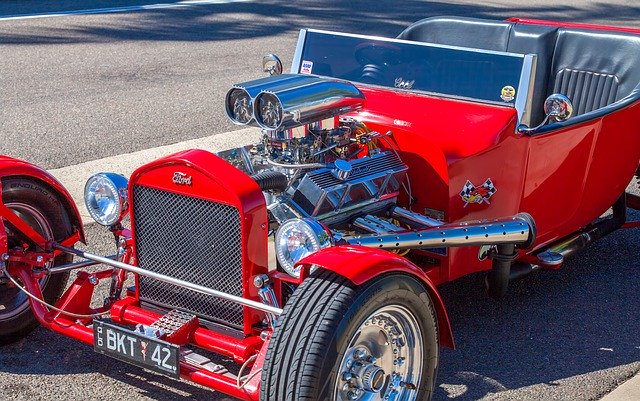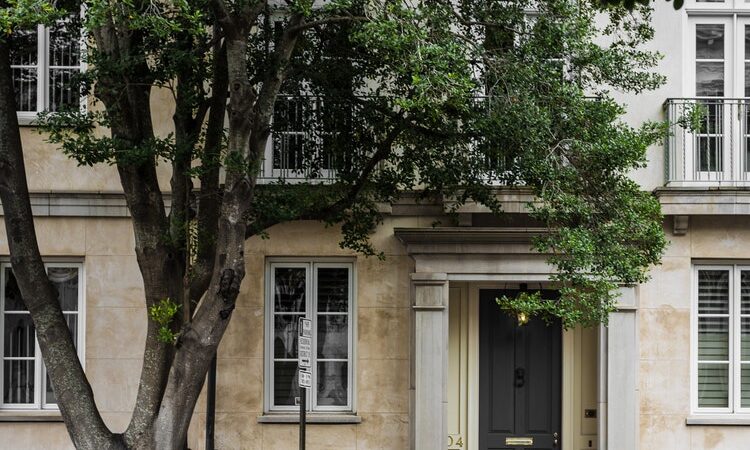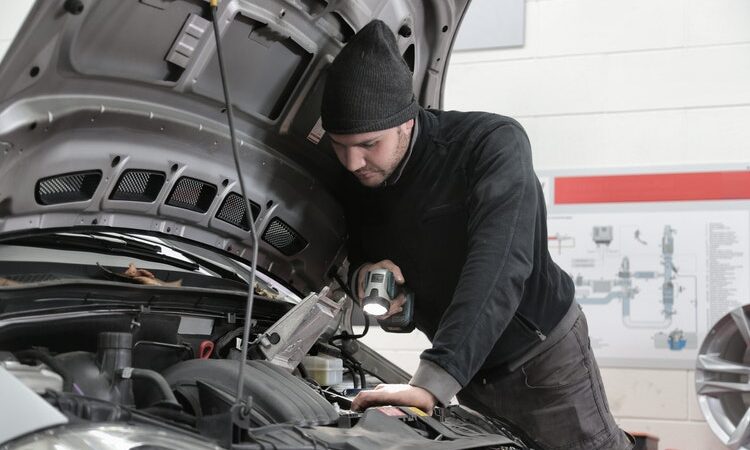What You Need to Know About Vehicle Modifications and Your Insurance

Do Vehicle Modifications Impact Insurance?
Car owners who wish to make modifications to their cars may worry about their car insurance becoming null and void. Common modifications that you can make to your vehicle are changing or upgrading the electrical features and engine upgrades. There are a lot of things you can do to your car for better performance and aesthetics. But making some alterations to your car, especially to its electrical components, may cause some problems with your insurance.
When you apply for insurance, the company will ask you if you have made any modifications to your car. The insurer then sets the price of policies, based on these factors:
- the value of your car
- its chances of being stolen
- the possibility of involvement in a crash
The idea is that if your car is worth more or is more risky as a result of the modifications, then you pay more to ensure that your car is covered against risks with all the modifications you made.
It’s important to be honest about your modifications when getting insurance. Here are some guidelines on the relationship between car modifications and your insurance policy for better comprehension on what needs to be listed for the declaration, and what adjustments cannot be considered.
Modifications Most Car Insurance Companies Consider
The insurance provider will assess all the changes to your car that affect the performance and style. Most insurance companies will take into account the modifications when issuing your insurance policy.
Declaring Modifications
If you fail to report all your car modifications, you will not be able to pursue your claim for financial protection, and your insurance will be compromised. Your declaration will be the basis of an appropriate risk calculation, and it will prevent additional payment for your premium because of “unforeseen risks.”
False declaration of your modifications may cause invalidation of your insurance. There are exceptions, of course; check if these items could factor in your coverage.
The same rule applies even if you bought your car second-hand. When you buy a used car and are unsure if there were any changes made, you better have it checked by a mechanic. You have to understand that omission, whether intentional or not, can impact your policy. Worse, it can void your insurance policy.
Impact of Color Choice on Insurance
Changing the color of your car can affect your premium. There could be a 36% increase in your insurance premiums due to a change of paint.
- Yellow, gold, silver, and white are considered to be less dangerous.
- Black cars have a 12% higher involvement in crashes during daylight than vehicles with light colors.
- Car thieves usually target red and blue cars.
That said, it is best to consider this factor should you want to have your car repainted. The key here is to go for a color that would be considered safe on the road.
What Modifications Are Safe?
In general, any type of car modification that would make the car safer on the road would not have an impact on your auto insurance. These modifications include the use of immobilizers, the installation of LED headlights, or the application of turn lights such as those that can be found at www.xkglow.com. In fact, it could even reduce the amount of premium you pay.
Engine Upgrade
If your car has undergone major modifications such as an engine upgrade, it is best to choose a specialist insurer. However, it is still good practice to report these modifications to your insurance provider so they can come up with an appropriate calculation of your premium. In general, engine upgrades are often done to increase the performance of your vehicle, which means making it faster or louder. Almost 80% of car owners see a spike in their premiums when the engine is upgraded to a bigger one.
Do note, however, that there are also cases where an engine modification can lower your insurance premium. One example is if you own a big car like a Range Rover and choose to change the engine into a smaller one or one that comes with an Engine Control Unit (ECU). Some insurance companies would be willing to lower your premium because the modification allows for improved fuel efficiency.
Body Kits
As mentioned, any mods that improve the safety of the vehicle on the road can lower the premium. The same applies to body kits. For example, if you want to install a bumper on your pickup truck. Aside from improving the overall look of your truck, it also effectively improves its safety features, so it might help you lower your insurance payment.
However, mods that do not add any safety feature to your vehicle may be considered an additional cost. Mods like front and side skirts may not reliably give your vehicle enough ground clearance and, as such, can be dangerous when driven on uneven roads. In this case, your insurance provider may charge you with a higher premium amount.
Brake System
Some car owners modify their rides and lower their premium by installing a high-performance brake system. Believe it or not, it can help reduce insurance premium costs by 10% to 15%. Keep this in mind if you have plans of modifying your car.
Car Modifications That May Void Your Auto Insurance
Any modification that may be considered illegal would automatically nullify your insurance. These alterations may include having heavily tinted windows that do not allow 70% of light to pass through or using noise modifiers like exhausts. In essence, any car modification that is likely to adversely affect a car’s performance or that’s likely to get you in trouble with the law is likely to void your auto insurance.
Note that whatever changes you are planning to make to your car must be communicated to your insurance provider. They can advise you on the appropriate modifications that you can make. In some cases, they will allow exceptions for show cars, but, most of the time, they will require you to pay a higher premium. So, it is best to check with them first before you finalize everything else.





